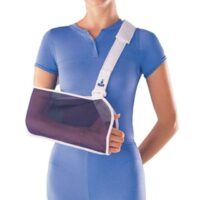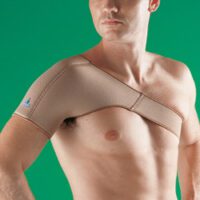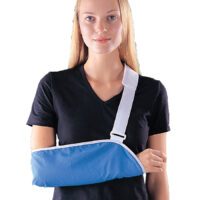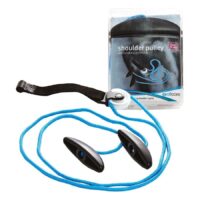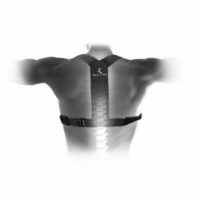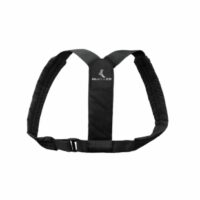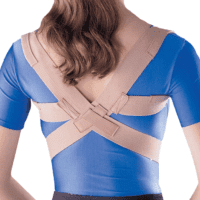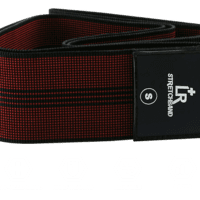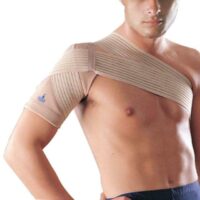What is Your Rotator Cuff?
Rotator cuff syndrome is a prevalent shoulder injury that involves a group of four muscles known as the rotator cuff. These muscles, including the subscapularis, supraspinatus, infraspinatus, and teres minor, surround the head of the humerus (shoulder ball) and are responsible for shoulder rotation, stability, and control.
The rotator cuff muscles are crucial in holding the arm (humerus) onto the shoulder blade (scapula) and stabilising the shoulder joint. They work together to enable various shoulder movements while ensuring proper function and stability. However, the tendons of the rotator cuff can be susceptible to injuries such as tears, tendonitis, impingement, and related conditions.
Rotator Cuff Injuries
Injuries to the rotator cuff can range in severity from mild cases of soft tissue pinching and inflammation (shoulder impingement and bursitis) to more severe damage like calcific tendinopathy, or rotator cuff tears.
Each condition requires specific management and treatment approaches tailored to the individual’s needs.
Rotator Cuff Treatment
Treatment for rotator cuff injuries typically involves physiotherapy, which focuses on addressing the underlying movement issues and avoiding positions that cause impingement or aggravate symptoms. This approach helps manage pain in the short term and prevent further damage or recurrent bursitis. Full-thickness rotator cuff tears may require surgical repair and extensive post-operative physiotherapy rehabilitation.
Conclusion
In conclusion, the rotator cuff is vital in shoulder stability and movement. The four muscles that make up the rotator cuff work together to ensure proper shoulder joint function. However, these muscles and tendons are prone to various injuries, ranging from mild inflammation to more severe tears or ruptures. Fortunately, many rotator cuff injuries can be effectively treated with physiotherapy, which focuses on addressing movement issues and preventing further damage. In more severe cases, surgical intervention may be necessary. Understanding the importance of the rotator cuff and promptly seeking appropriate treatment can help individuals recover from these injuries and regain optimal shoulder function.
Please contact your trusted shoulder physiotherapist or doctor for specific advice.




